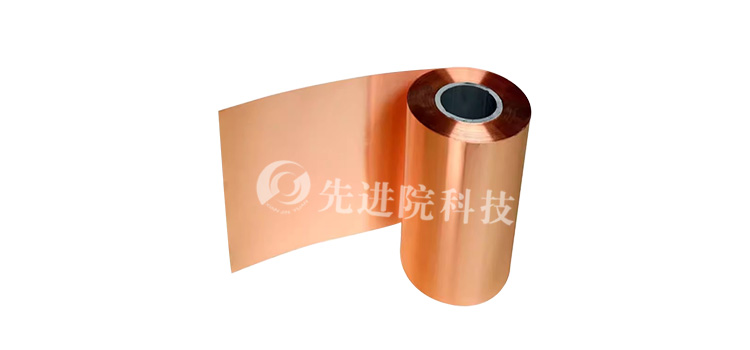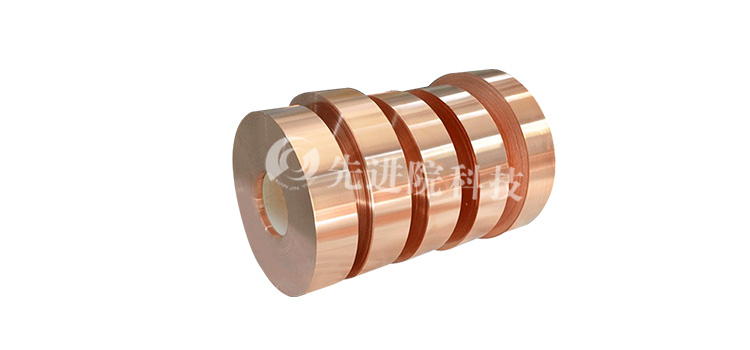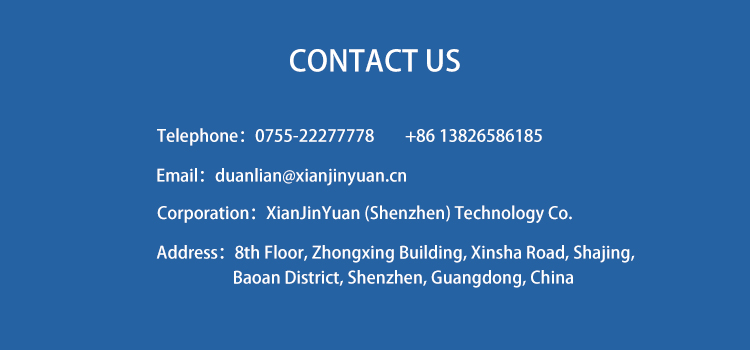In the field of materials science and engineering,
Copper plated filmDue to its unique physical and chemical properties, it has a wide range of applications in various industries such as electronics and energy. The thermal conductivity characteristics of copper plated films directly affect their application effects in heat dissipation, thermal management, and other aspects. The thermal conductivity of copper plated film is intricately and closely related to the PEN substrate and copper layer. Advanced Institute (Shenzhen) Technology Co., Ltd. has conducted in-depth research on this topic.
The influence of PEN substrate on the thermal conductivity of copper plated film
PEN (polyethylene naphthalate), as a substrate for copper plating films, has good mechanical properties, chemical stability, and insulation properties. However, its thermal conductivity is relatively low. PEN belongs to high molecular weight polymers, and the internal heat transfer mainly relies on molecular vibration. Due to weak intermolecular forces, energy is easily lost during heat transfer, resulting in low thermal conductivity.
Advanced Institute (Shenzhen) Technology Co., LtdThrough a series of experimental studies, it was found that as the thickness of the PEN substrate increases, the overall thermal conductivity of the copper plated film shows a decreasing trend. This is because during the heat transfer process, it needs to pass through a thicker layer of low thermal conductivity PEN material, which increases the thermal resistance and hinders the rapid transfer of heat. For example, in some electronic component heat dissipation application scenarios that require high thermal conductivity, if the PEN substrate is too thick, it will result in the inability to timely and effectively dissipate heat, thereby affecting the normal working performance of electronic components.

The influence of copper layer on the thermal conductivity of copper plated film
Copper is a metal with excellent thermal conductivity, which is due to the efficient movement of free electrons inside copper atoms. In the copper layer, free electrons can quickly shuttle between lattices, transferring heat rapidly. Research by Advanced Institute (Shenzhen) Technology Co., Ltd. shows that in
Copper plated filmThe variation of copper layer thickness has a significant impact on thermal conductivity. When the thickness of the copper layer increases, the thermal conductivity of the copper plated film will significantly improve. This is because thicker copper layers can provide more heat conduction paths, greatly reducing obstacles in the heat transfer process, allowing heat to be conducted more efficiently in the copper plated film. In practical applications, such as in the manufacturing of high-power LED heat dissipation substrates, increasing the thickness of the copper layer of the copper plating film can significantly improve heat dissipation efficiency, effectively reduce the operating temperature of LED chips, and extend their service life.

The Influence of Interface Bonding between PEN Substrate and Copper Layer on Thermal Conductivity
In addition to the thickness and characteristics of the PEN substrate and copper layer, the interface bonding between the two also has an impact on
Copper plated filmThe thermal conductivity has a crucial impact. If the interface between the PEN substrate and the copper layer is well bonded, heat can be smoothly transferred between the two without generating additional thermal resistance due to interface issues. On the contrary, if there are defects at the interface, such as gaps, impurities, or insufficient bonding force, thermal resistance will form at the interface, hindering the conduction of heat. Advanced Institute (Shenzhen) Technology Co., Ltd. has been committed to researching how to optimize the copper plating process. Through special pretreatment of PEN substrate, such as surface activation treatment, and the use of advanced copper plating technology, such as the combination of chemical plating and electroplating, the bonding force between PEN substrate and copper layer has been effectively enhanced, the interface thermal resistance has been reduced, and the overall thermal conductivity of the copper plating film has been significantly improved.
The thermal conductivity of copper plated film is closely related to the thickness, intrinsic properties, and interface bonding of PEN substrate and copper layer. The research achievements of Advanced Institute (Shenzhen) Technology Co., Ltd. provide us with a solid theoretical basis and technical support for the precise design and optimization of the structure and performance of copper plating films according to different needs in practical engineering applications, which will help promote the more efficient and reliable application of copper plating films in more fields.
The above data is for reference only, and specific performance may vary due to production processes and product specifications.






